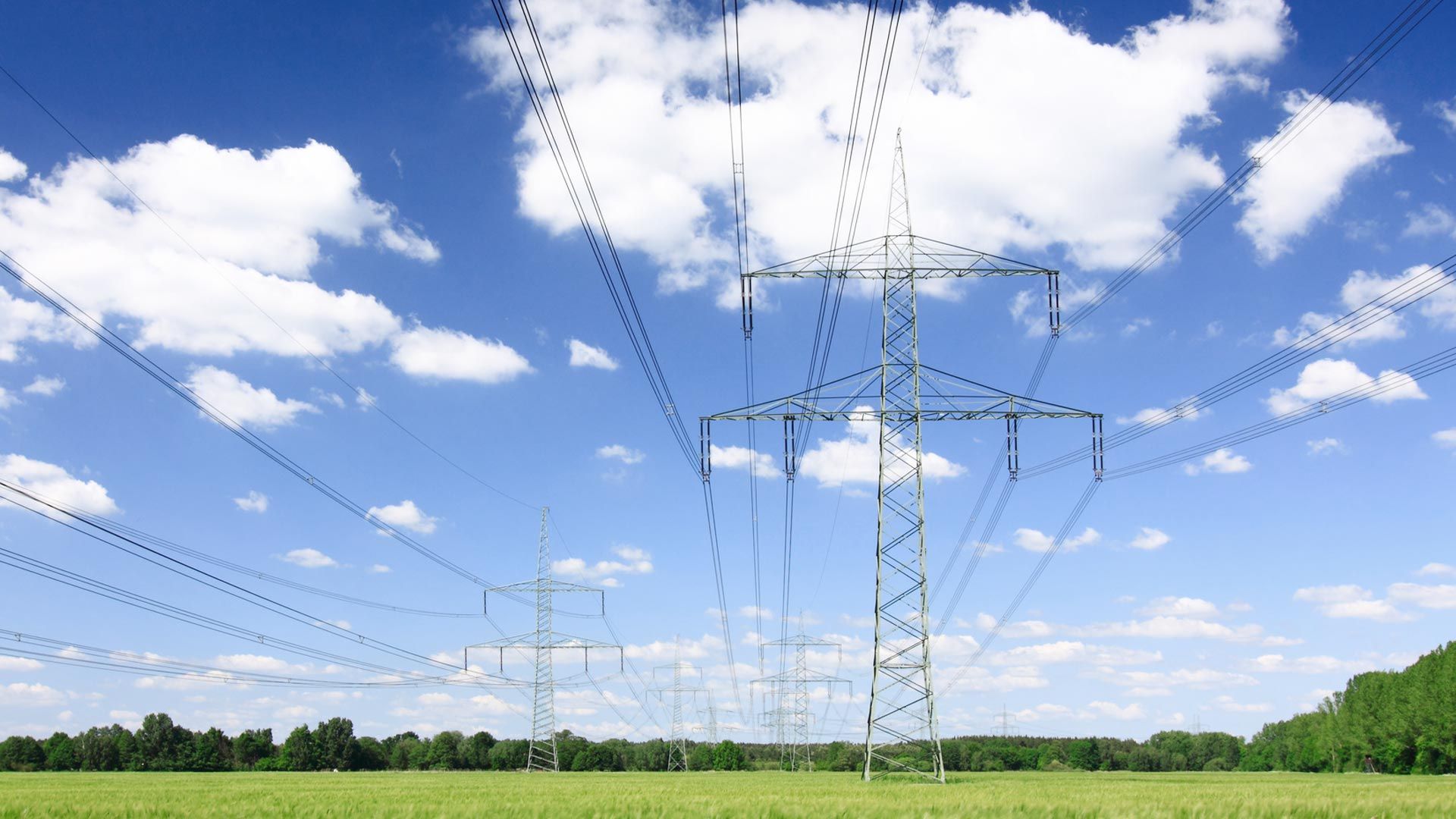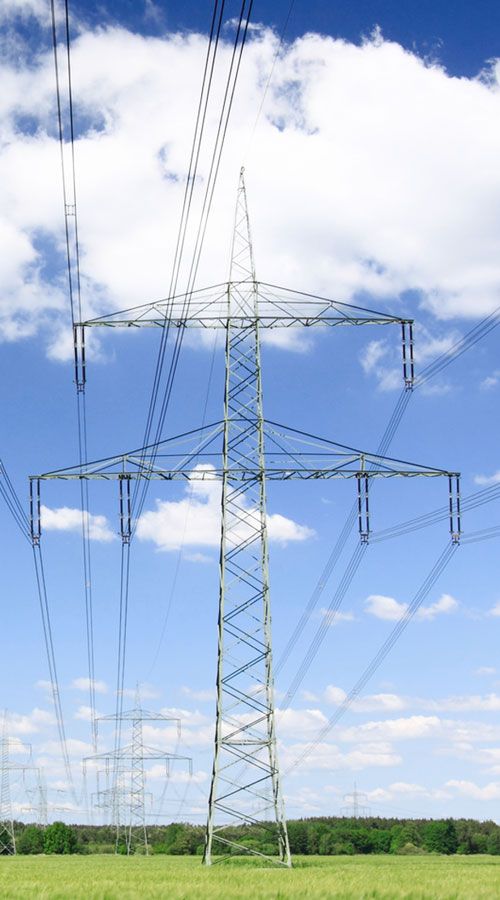Increased use of natural gas for generating power reduces CO2 emissions


- 2019: Coal-to-gas switch significantly reduced
CO2 emissions in the power sector - Hydrogen market can only succeed with natural gas
- Wintershall Dea appearing at E-world in Essen (11-13 February, Hall 1, Booth 338)
Last year, natural gas helped to reduce CO2 emissions in Germany and thus contributed to climate protection. “The switch from coal to natural gas led to lower CO2 emissions in Germany’s power sector in 2019. That clearly shows one thing: natural gas can help the climate,” explains Thilo Wieland, Member of the Board at Europe's leading independent gas and oil company, Wintershall Dea, speaking as the E-world trade fair takes place in Essen. “And through decarbonisation, natural gas can even become CO2-neutral and thus even more climate-friendly in future,” Wieland adds. “Natural gas is needed to meet climate targets quickly – today and tomorrow.”
Replacing coal with natural gas for power generation in 2019 reduced CO2 emissions by at least five million tonnes in Germany. This roughly corresponds to the CO2 emitted annually by the population of Essen – the venue for E-world. Agora Energiewende reports that, in addition to switching from coal-fired power generation (minus 25 per cent) to natural gas-fired power generation (plus 11 per cent), the growing share of renewables (plus eight per cent), the favourable weather conditions for wind turbines and solar power systems as well as the surprisingly sharp drop in electricity consumption were also key drivers of the CO2 reduction.
This year's E-world energy trade fair, which takes place from 11 to 13 February, is also entirely devoted to the energy transition and innovative climate protection solutions. As Europe's leading independent gas and oil producer with 70 per cent gas in its portfolio, Wintershall Dea is showcasing its activities there (Hall 1, Booth 338). “The natural gas industry can make the energy transition a success,” says Anastasija Jäger, responsible for the global marketing of gas and oil at Wintershall Dea. “We produce natural gas and sell it directly to, among other places, customers in Europe. Gas will continue to be an important part of the energy system.” This is also confirmed by the World Energy Outlook published by the International Energy Agency (IEA), which sees gas as the second most important energy source in 2050 – right after renewables.
A hydrogen market can only succeed with natural gas
The IEA's assessment underlines the future viability of natural gas: “Both CO2 and carbon can be separated and captured – and hydrogen is produced. This so-called blue hydrogen can contribute to making our energy system CO2-neutral and thus become key to achieving the climate targets,” says Wieland.
It is currently more economical to produce hydrogen from natural gas than from renewable electricity. What’s more, blue hydrogen can be made available quickly, cheaply, reliably (without fluctuations) and in large quantities. This can significantly facilitate the establishment of a hydrogen market. “But it’s also clear that, for a hydrogen market to develop, the underlying political and economic conditions must be right. All sources for producing hydrogen must be pursued in a technology-open way and taken into account politically. One thing, however, is already quite evident: the future hydrogen market can only succeed with natural gas,” emphasises Wieland.
Wintershall Dea and KIT collaborating on blue hydrogen
As a technology-led company, Wintershall Dea is investing in the future and is collaborating with the Karlsruhe Institute of Technology (KIT) on a project for the climate-friendly production of hydrogen from natural gas. The research project, initially scheduled to run for three years, is aimed at laying the foundations for the future industrial use of methane pyrolysis. In this process, natural gas is thermally broken down in a high-temperature reactor into its components hydrogen and carbon. Instead of CO2, a very pure, powdered carbon is produced as a by-product, which can be further processed as an industrial raw material and whose importance is constantly increasing. It is used, for example, for producing elastomers, lightweight construction materials, printing inks and in battery production.
About Wintershall Dea
With the merger of Wintershall Holding GmbH and DEA Deutsche Erdoel AG, two successful companies with a long tradition have now formed Europe's leading independent natural gas and oil company: Wintershall Dea. The company with German roots and headquarters in Kassel and Hamburg searches for and produces gas and oil in 13 countries worldwide in an efficient and responsible manner. With activities in Europe, Russia, Latin America and the MENA region (Middle East & North Africa), Wintershall Dea has a global upstream portfolio and, with its participation in natural gas transport, is also active in the midstream business.
Wintershall Dea stands for more than 120 years of experience as an operator and project partner along the entire E&P value chain. The company employs around 4,000 people worldwide from over 60 nations. The company plans to increase its average daily production from around 590,000 barrels of oil equivalent to around 750,000 barrels by 2023.

